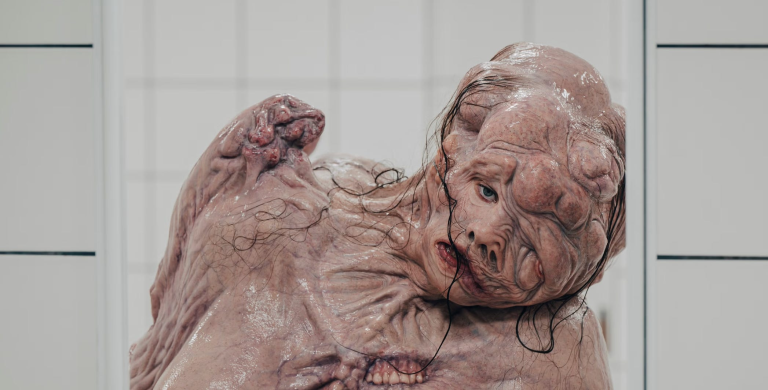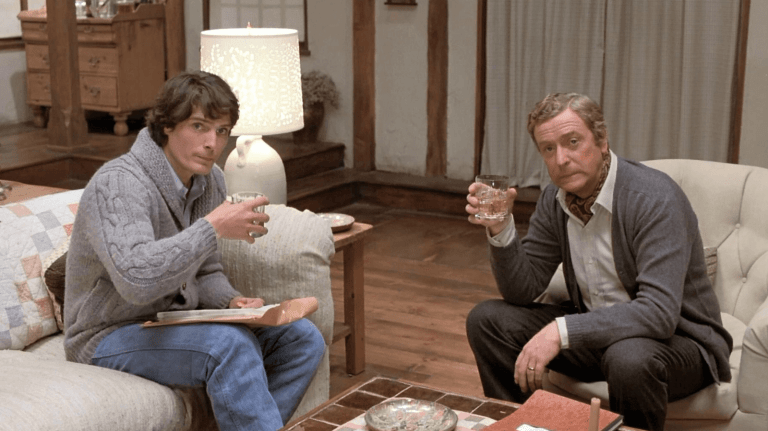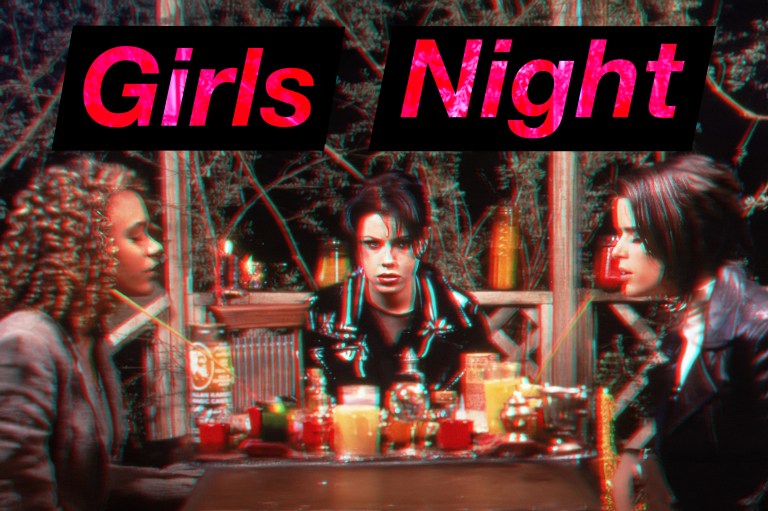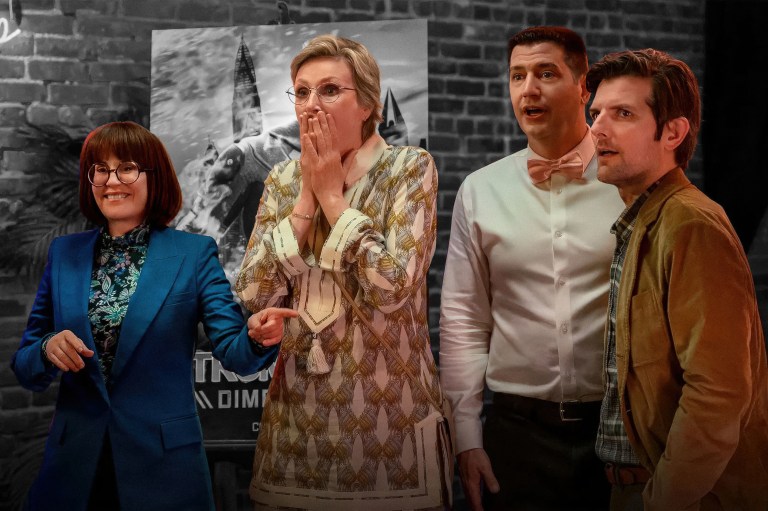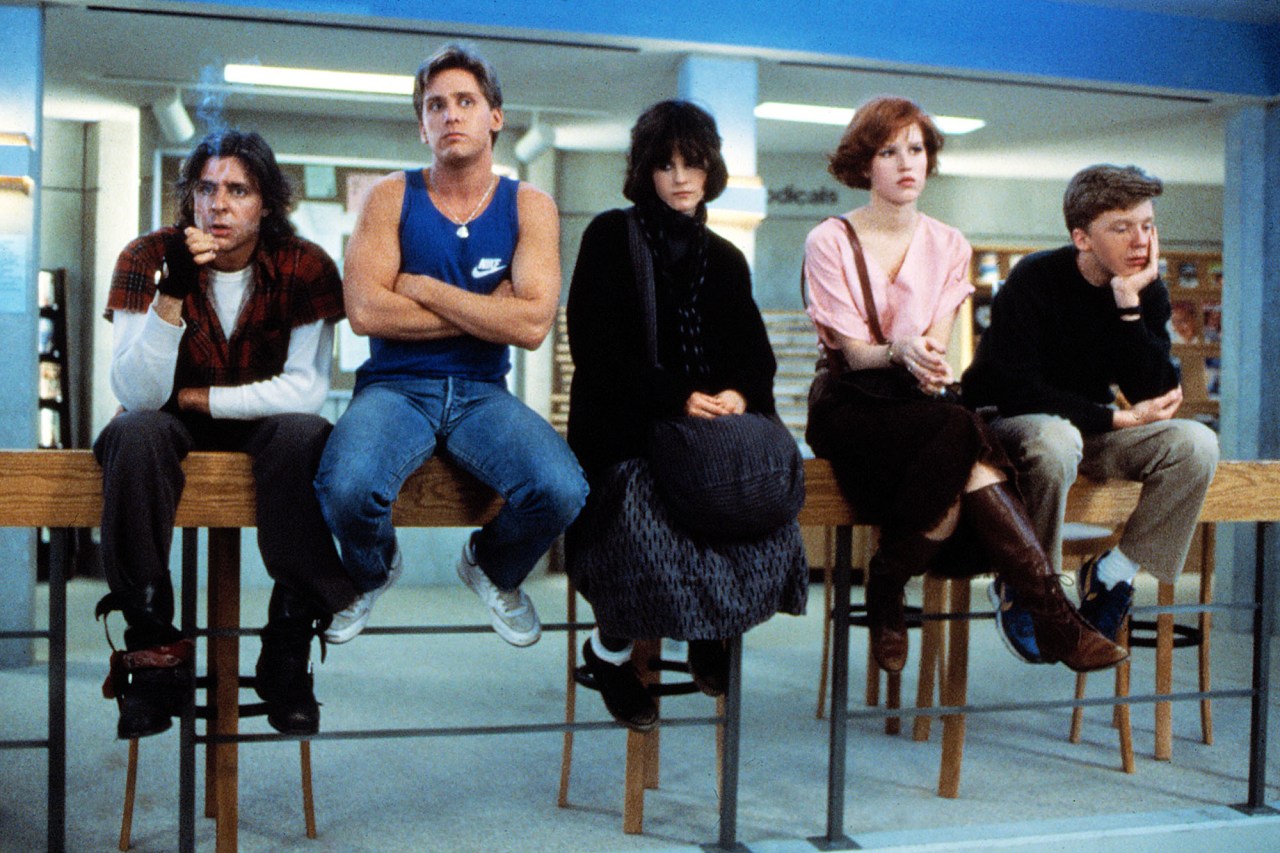
9 High School Comedies That Feel Awkward To Watch Today
From stalking disguised as romance to makeovers that erase everything cool about a character, these movies accidentally became time capsules of everything we've learned not to do.
By ![]() Mishal Zafar
Mishal Zafar
These beloved high school comedies used to feel like harmless fun, but rewatching them today is like finding your old diary — equal parts nostalgic and mortifying.
High school comedies used to be simple escapism.You’d watch teenagers navigate crushes and social hierarchies, laugh at the awkward moments, and leave feeling nostalgic for your own teen years. But try rewatching some of these classics today, and you’ll spend half the time wondering how any of this stuff made it past studio executives. The behavior that passed for comedy back then—stalking, harassment, casual racism—hits different now. These movies weren’t just reflecting teenage life; they were teaching entire generations what was supposedly normal. Looking back, it’s wild how much we accepted as harmless fun.
Sixteen Candles (1984)
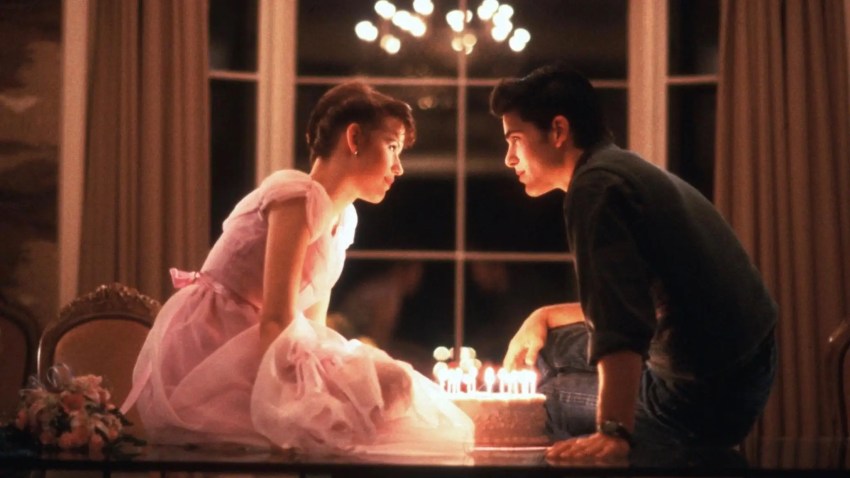
John Hughes knew how to capture teenage angst, but Sixteen Candles is packed with moments that make modern audiences wince. The whole Long Duk Dong character is basically one long, racist joke that reduces an entire culture to cheap laughs. Even worse is the party scene where Caroline’s boyfriend basically hands her over to another guy while she’s completely unconscious. The film treats this situation like it’s no big deal — just boys being boys — when it’s actually depicting sexual assault. Hughes may have understood teenage emotions, but his casual attitude toward consent was way off base.
Revenge of the Nerds (1984)
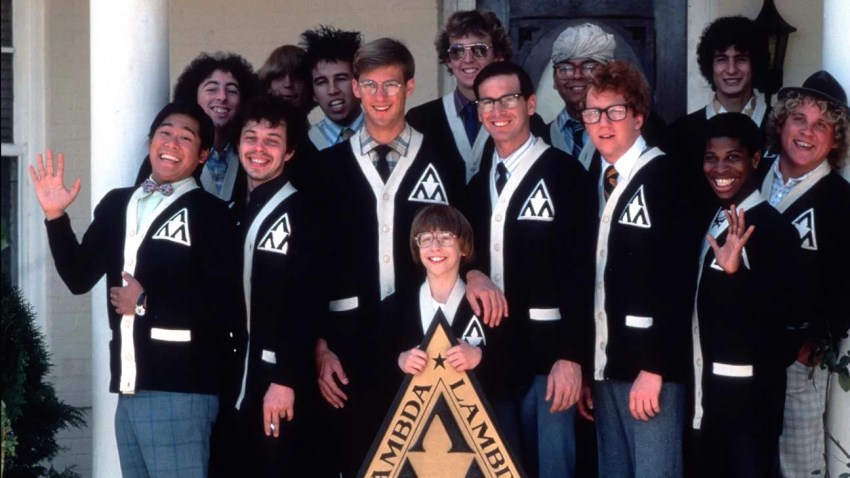
You’re supposed to cheer for these guys because they’re the underdogs, right? Except they spend the entire movie doing things that would land them on a registry today. Hidden cameras in the sorority house, selling nude photos, Lewis literally tricking Betty into sleeping with him by pretending to be someone else. And somehow we’re meant to see this as justice? The movie wants to be about outcasts getting their due, but it’s actually about a bunch of guys who can’t take no for an answer. Hard to root for characters who keep committing felonies.
Porky’s (1981)

Porky’s basically exists as a feature-length guide to sexual harassment. The teenage boys spend most of their time trying to spy on naked women, with the shower scene serving as the movie’s big comedic payoff. Every female character exists solely to be objectified or humiliated. The film normalizes voyeurism and treats women like objects to be conquered rather than actual people. What passed for “harmless” teenage fun in 1981 now looks like a how-to manual for toxic behavior.
American Pie (1999)
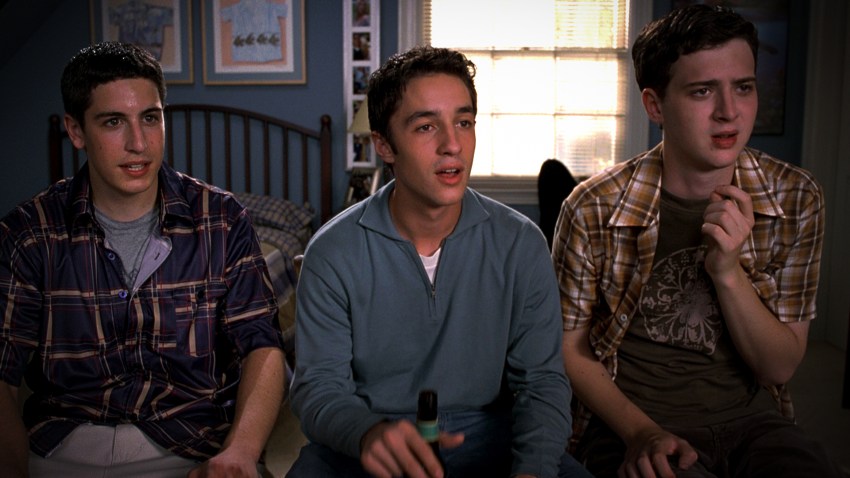
Even though it’s more recent, American Pie still carries some serious baggage. The whole plot kicks off with Jim secretly filming his encounter with Nadia and accidentally broadcasting it to the entire school — textbook revenge porn that the movie treats as embarrassing hijinks. The pressure on the guys to lose their virginity by graduation turns sex into a competition rather than something meaningful. Most of the female characters exist primarily as sexual conquests or obstacles, rarely getting their own storylines or agency. The film’s heart might be in the right place, but its execution often isn’t.
The Breakfast Club (1985)
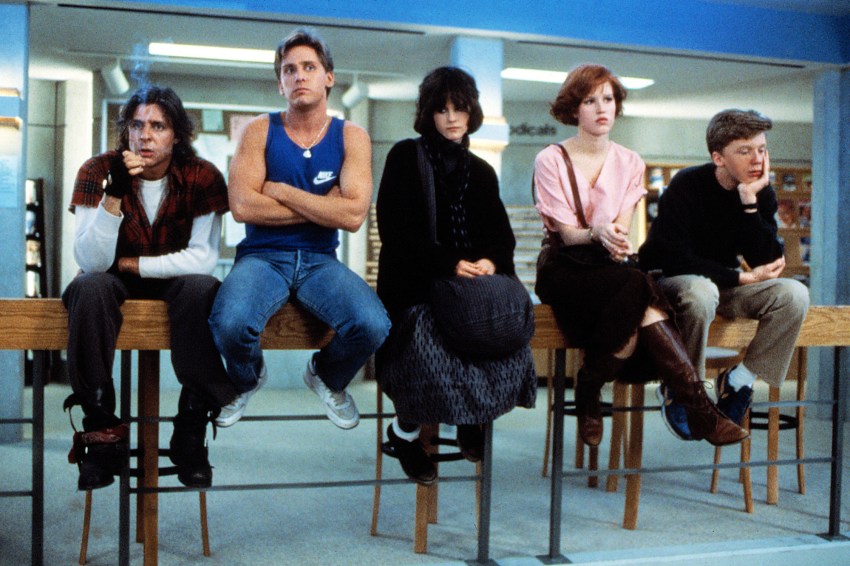
This one hurts because The Breakfast Club is supposed to be the smart teen movie. And in a lot of ways, it is — until Bender starts harassing Claire. He gets aggressive with her, hides under her desk, and makes inappropriate comments, and the movie treats this like flirting. Then Claire rewards his behavior with a romantic subplot. The film wants to say something meaningful about not judging people by their stereotypes, but it undercuts that message by suggesting that being mean to someone is just a way of showing interest.
Never Been Kissed (1999)

Drew Barrymore plays a 25-year-old journalist who goes undercover as a high school student. Fine, that’s the premise. But then she develops feelings for her English teacher, who thinks she’s actually 17. Even worse, he starts reciprocating those feelings. The movie plays this for romantic tension instead of recognizing it as a massive ethical violation. Teachers shouldn’t be hitting on students, period, even if the student is secretly an adult. The power dynamic is still kind of messed up.
She’s All That (1999)

The makeover movie to end all makeover movies — and not in a good way. Zack makes a bet that he can turn any girl into prom queen material, then picks Laney because she’s “ugly” (translation: she wears glasses and overalls). Laney’s actually pretty cool at the start — she’s an artist, she’s independent, she doesn’t care about high school politics. But to win the bet, she has to stop being herself entirely. New clothes, new hair, new personality. The movie celebrates this as a happy ending, but it’s actually kind of depressing. The message is basically that being yourself isn’t enough.
Can’t Buy Me Love (1987)

Patrick Dempsey, before he was McDreamy, plays a guy who literally pays a girl to date him. Ronald spends his college fund to hire Cindy as his fake girlfriend, thinking this will somehow make him popular. The movie wants this to be charming — “look at this sweet nerd finding love” – but it’s actually pretty creepy when you think about it. Cindy becomes a service Ronald has purchased rather than a person with her own feelings. When everything falls apart (shocking, I know), the movie still suggests that their relationship was real somehow.
Mean Girls (2004)
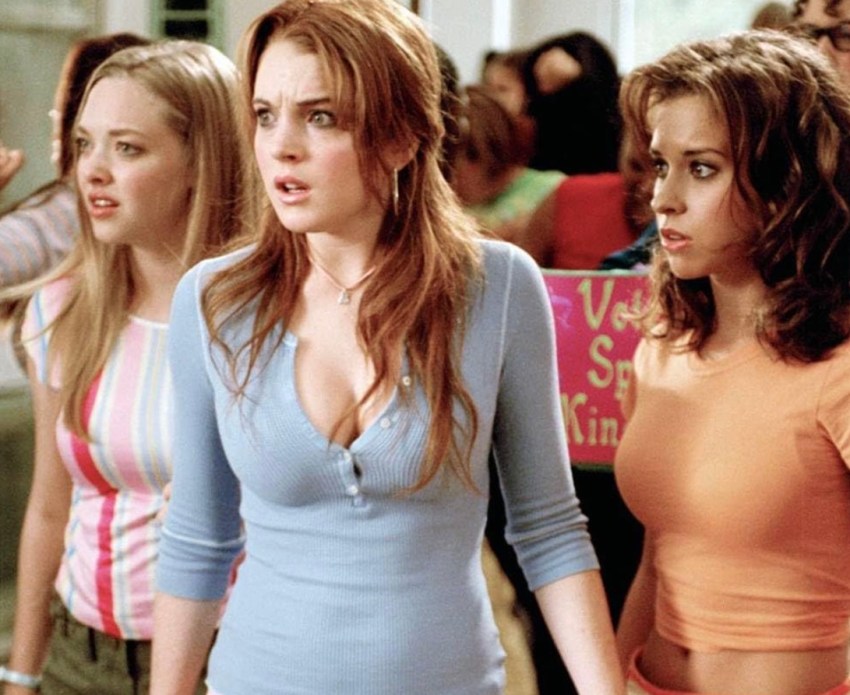
Mean Girls is genuinely funny and way smarter than most teen comedies. Tina Fey knows how to write a joke, and the movie captures the brutality of high school social dynamics perfectly. But even this one has some issues. All those jokes about weight and appearance that are supposed to critique body shaming? Sometimes they just end up reinforcing the same attitudes they’re mocking. The movie wants to examine toxic female competition, but it also kind of celebrates it. And the resolution where everyone just decides to be nicer feels a bit too simple for problems that run this deep. Still, it’s probably the best movie on this list, which says something about the others.
